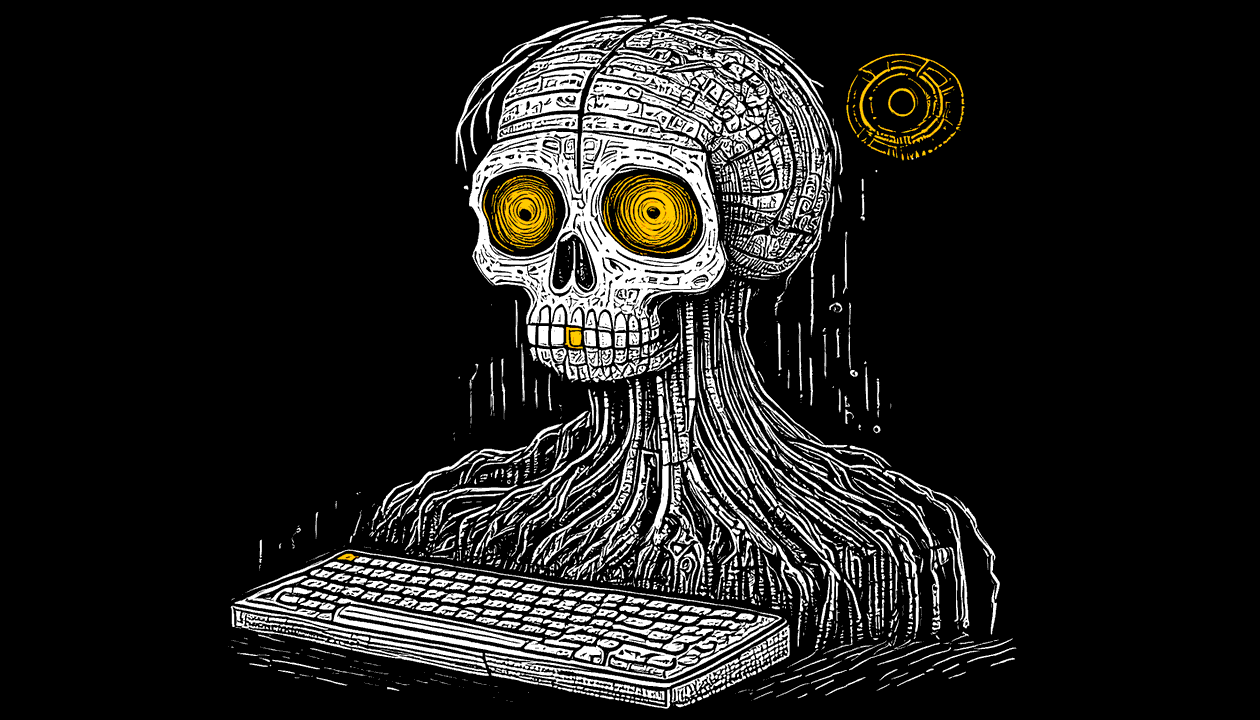What AI does(n’t) do for Software
"They're coming to take me away, ha ha" — Jello Biafra, LARD

Let’s get this out of the way: AI isn’t replacing every dev job. Sure, it’s flashy and it writes code in seconds, but thinking AI can replace developers is like assuming owning a car manual makes you a mechanic.
There are countless decisions to be made in software development—the kinds of choices that require judgment, experience, and, dare I say it, humanity. AI doesn’t know your stakeholders. It doesn’t understand your long-term vision. It can’t decide what trade-offs are worth making or what pitfalls to avoid. In fact, getting AI to do that would require crafting prompts so precise and so thorough that you’d essentially need to be… an experienced developer.
Now, could you learn development by interrogating AI like it’s your overworked CS professor? Absolutely. Go ahead, ask it to explain every step, every variable, and every decision. By the end, you’ll be a developer yourself. If that’s your idea of a good time, more power to you—software design can be fun! But don’t kid yourself that AI is doing the heavy lifting. You are.
Challenge: Go Build It
I get the DIY spirit. It fuels nearly everything I do. You’ve got an idea for an app or website, and you’re convinced you can build it without writing a single line of code. Fine. Head over to ChatGPT or Claude.AI, sign up, and tell it your idea. Build it. Deploy it. Show me.
Here’s what’s going to happen:
- You’ll either learn enough to become a developer in the process, or…
- You’ll end up banging your head against a wall, drowning in terms, systems, languages, subscriptions, and fees you didn’t know existed.
My money’s on the latter. Software development is messy, intricate, and way more involved than “code in, product out.” But hey, I love being surprised.
The Reuse of Code
AI isn’t some omniscient god of coding. It’s more like a cowboy firing off hip-shots—sometimes it hits the target, sometimes it’s wildly off the mark. You can give it context, but often that context isn’t deep enough for the AI to be fully effective. Even when it nails an answer, you’d need a seasoned developer to fully grasp the implications.
Most of the AI’s knowledge comes from forums, help guides, and blog posts. These sources are useful, sure, but they don’t think about code reuse, performance optimizations, or micro-level efficiency. They’re not weighing the impact of every function on the project as a whole. That’s what a real developer does—someone who can see the forest, the trees, and the bugs hiding in them.
What AI Can Do
Let’s not throw the baby out with the bathwater. AI has its uses, especially when it comes to bouncing ideas around. Think of it like an instant developer forum: you throw out a question, and it regurgitates an answer from its database of developer lore.
AI can suggest how to make a function more efficient, how to align elements visually, or how to achieve better performance. It’s not magic, but it’s helpful—as long as you’re asking the right questions.
How I Use AI
Here’s the secret to getting the most out of AI:
- Know Your Goals: Keep your project’s goals clear and quantifiable. AI can’t process vague aspirations like “make it cool” or “user-friendly vibes.”
- Ask Direct Questions: “How do I add today’s date to an array of objects and output the result?” is way better than “Help me with date stuff.”
- Temper Your Expectations: AI doesn’t always return perfect answers. Be ready to dig deeper and look elsewhere.
- Expect Bugs: The first iteration of AI-generated code rarely works perfectly. Debugging is part of the process.
- Learn From It: AI’s explanations often include nuggets of wisdom that can improve your approach. Don’t just copy-paste; understand.
- Read Every Line: Before implementing anything in production, scrutinize the output. Adjust it to fit your naming conventions, paradigms, and project requirements.
AI is a tool, not a replacement. It’s a cool, flashy, sometimes frustrating tool that, when used well, can make parts of development faster or easier. But if you’re dreaming of a world where AI replaces developers entirely, wake up. The reality is far more interesting—and far more human.
